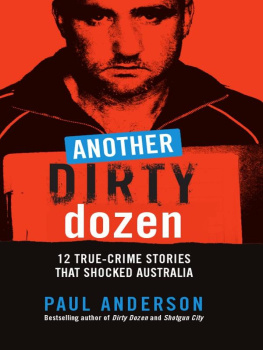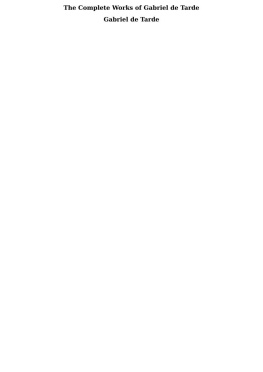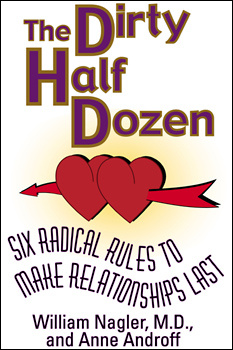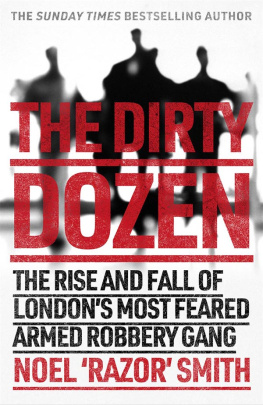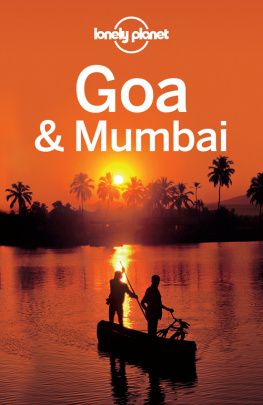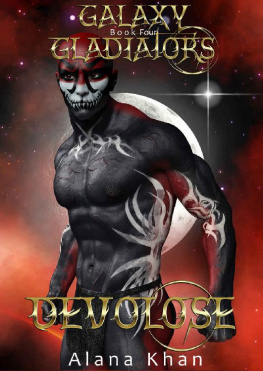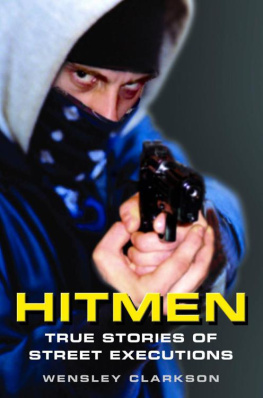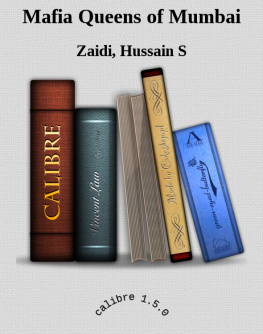westland publications limited
61, II Floor, Silverline Building, Alapakkam Main Road, Maduravoyal, Chennai 600095
93, I Floor, Sham Lal Road, Daryaganj, New Delhi 110002
First published by westland publications limited 2017
Copyright Gabriel Khan 2017
All rights reserved
ISBN: 9789386850133
This book is sold subject to the condition that it shall not by way of trade or otherwise, be lent, resold, hired out, circulated, and no reproduction in any form, in whole or in part (except for brief quotations in critical articles or reviews) may be made without written permission of the publishers.
I started my career in journalism at a time when typewriters were treasured and when newsrooms were not cold, clinical, impersonal cabins with corporate trappings. The newsrooms of my time were huge, with an open plan area. There were tennis table-size wooden desks, one for the reporting team and another for the editing team. A long row of benches was where the reporters sat and typed away their copies on Godrej typewriters. There was a place for the teleprinter, from where we got the wiresPTI, UNI, Reuters. And yes, we also had a tribe called proof-readers, who were the last in the news food chain. No gaffe escaped their sharp eyes. The features desk were lucky fellas who generally got cabins and lived life kingsize, with only weekly Sunday pages to fill. They didnt have to produce two stories a day, or so we thought.
The newsrooms were always messy, with lots of papers, notebooks, and printouts. The journalists hung their jhola bags from their plastic woven wooden chairs or metal chairs woven with plastic. Typewriters were at a premium and there was a mad scramble for non-defective ones with all their keys intact. If you were lucky to start your career at the training ground, The Free Press Journal or Indian Express , the sea view was a bonus. When the muse didnt work, one could always find inspiration in the angry turbid Arabian Sea that was pushed into a corner at the end of Free Press Journal Marg in Nariman Point.
There were a couple of black rotary dial phones in the room, but you could make a call only if the telephone operatorseated in her lofty cabin near the entrancedeigned to connect your number. You had to keep the telephone operator very happy. Direct phone lines were only for the editor and, sometimes, the chief reporter. You could chain-smoke in the newsroom and both male and female journalists puffed away to glory. The chaiwallah was always being summoned for endless cups of tea punctuated with bhajjis and sandwiches. And the chaiwallah was always asking for money and the journalists were always broke.
Some journalists wore long kurtas and jeans, while others wore shirts that were never tucked into their pants. Most male journalists had a moustache and a beard or a stubble. You would find only a handful of clean-shaven ones. They looked like poets and spoke with the air of one having to carry the burden of mankind on their shoulders. The female journalists cut their hair into a very short crop and were strong-willed. They, too, loved khadi and were always informally dressed. And yes, they wore sarees too.
Newsrooms transitioned to computers within two years of my new career in journalism, and the now defunct Indian Post was the first paper to get Atex computers which, in the late 80s, had military applications. Reporters could send messages to each other on their computers, the first version of Gmail chats. And yes, it was the era of newspaper clippings and libraries for background research. Sans Google, journalism was none the poorer.
It was an era when journalists were not discriminatory in what they read. It was an eclectic choice of reading material: Aleksandr Solzhenitsyn, Graham Greene, Jane Austen, Roald Dahl, Agatha Christie and Jeffrey Archer.
I loved the feel and pulse of journalism and I never thought beyond it. There was something magical about it. The feeling that we were instruments of social change and that we had a responsibility to society and mankind. That we were not mere chroniclers of our times, but shaped opinions and changed perceptions and that our pen was actually mightier than the sword. (The disillusionment came much later, with age and wisdom.)
In the late 80s, when I started my career in journalism, journalists were an intrepid lot. They wrote stories that could bring down governments. Arun Shourie had ripped apart A. R. Antulay in the cement scam, and Maneck Davar exposed the link between Dhirubhai Ambanis Reliance Industries and the Central Bureau of Investigation director Mohan Katre. (Davar posed as a small scale detergent manufacturer and entrapped Katres son Umesh into revealing his business dealings with Reliance.) It was an era when journalists wrote in shorthand but were not stenographers. It was when movies reflected the times we lived in, like Saaransh and Ardh Satya . There was no political censure and no censor.
It was a time when journalists were sceptical about politicians and their intent. For journalists, the establishment was always to be questioned. The politicians were always the snake in the grass. Pakistan was a country that got separated at birth. We watched Tamas with pain in our hearts. We were not at war with Pakistan every day, as television channels now are. And that was because we focused on the here and now. We had local issues and starvation, poverty, bad infrastructure, poor governance, corruption, tribal issues, zilla parishad scams, farmers problems, communal riots, the Bhopal gas tragedy, a burning Punjab, Kalahandi and Bhagalpur. It was a time when the Page 3 social scene idea was just incubating in some party-hoppers mind.
It was a time when the great Vinod Mehta turned the definition of investigative and interesting journalism on its head. The Sunday Observer was a trail-blazing newspaper. It shook the behemoth, especially the Old Lady of Boribunder.
I started writing on crime occasionally, while covering other beats. Crime reporting was challenging because getting contacts was not easy unless one wanted to report only the police version. When I met S. Hussain Zaidi, he was a promising young man, all of twenty-seven, shy and reserved. He was heavily into reading paperbacks and was very promising. His narrative skills were in place even at that formative stage in his life. I thought he should be taken under my wing. Over several bun maskas at Yazdani Bakery in Fort, and gallons of carrot juice, Hussains destiny and future was shaped as the top crime journalist of Mumbai.
When I moved to television for a year, Hussain established himself as a crime reporter of much merit at the Indian Express, which had just launched its city supplement under Sai Suresh Sivaswamy. It was called the Express Newsline . Hussains stories were creating waves and the Rotary Club had already invited him as a guest. He spoke on How not to fear the dreaded extortion call.




